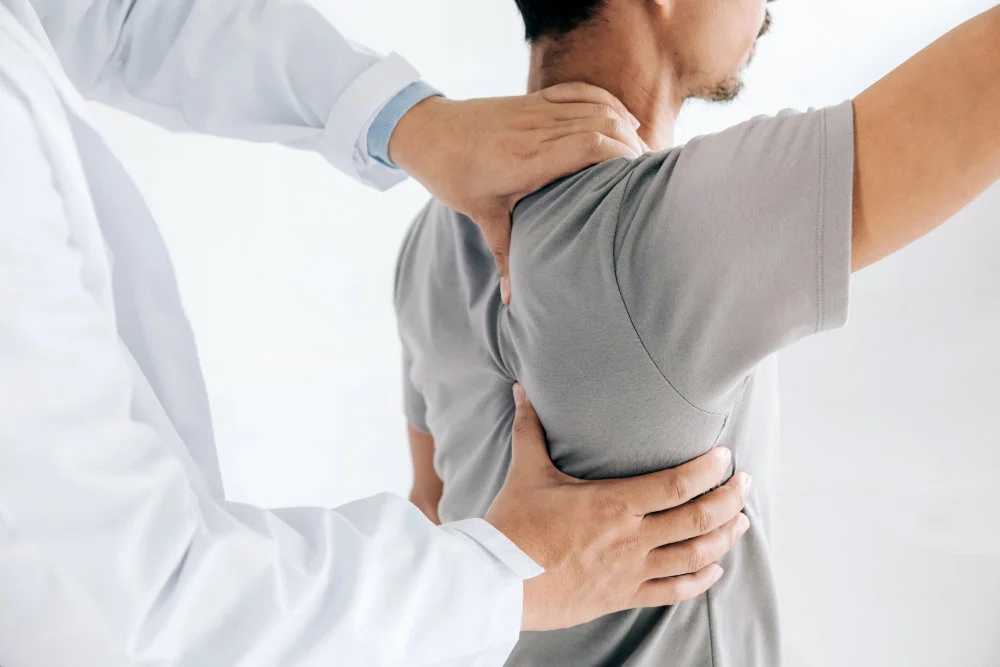
A pinched nerve is a common and uncomfortable condition resulting from injury or damage to a cluster of nerves in the human body. These nerves play a crucial role in transmitting signals and information between the brain and various parts of the body. When they become compressed, stretched, or constricted, their normal function is disrupted, leading to a range of distressing symptoms.
One of the frequent causes of a pinched nerve is a herniated or bulging disc in the spine. The spinal discs act as cushions between the vertebrae, providing flexibility and shock absorption. However, if a disc becomes damaged or slips out of its proper position, it can exert pressure on nearby nerves, causing irritation and inflammation. Additionally, bone spurs, which are bony growths that can develop on the vertebrae due to the natural aging process or other factors, can also contribute to nerve compression.
The symptoms of a pinched nerve can vary depending on the location and extent of the compression. However, most commonly, individuals experience sensations of pins and needles, pain, or numbness in the affected area. For example, a pinched nerve in the neck (cervical spine) can cause discomfort and radiating pain down the arm, while a pinched nerve in the lower back (lumbar spine) can lead to pain and tingling sensations down the leg. Additionally, in some cases, muscle weakness may accompany the pain and discomfort. Individuals may find it challenging to perform certain movements or experience a loss of strength in the affected limb. Activities that exacerbate the compression, such as bending, lifting, or even simple movements, can intensify the symptoms.
Early diagnosis and appropriate treatment are crucial in managing a pinched nerve and preventing further complications. Seeking medical attention when symptoms arise can help identify the underlying cause and determine the most suitable course of action.
Grosse Pointe Spine Center offers relief to those suffering from chronic pain, including pinched nerves. Dr. Mosurak’s treatments aim to help patients live pain-free once again.